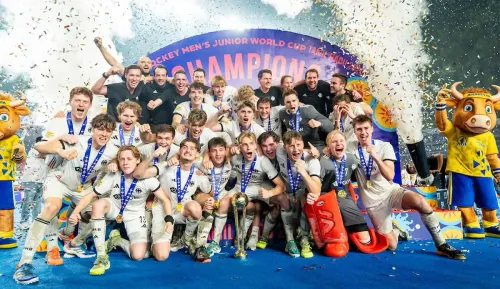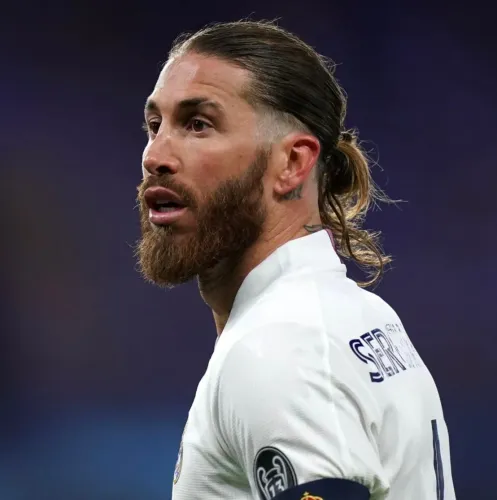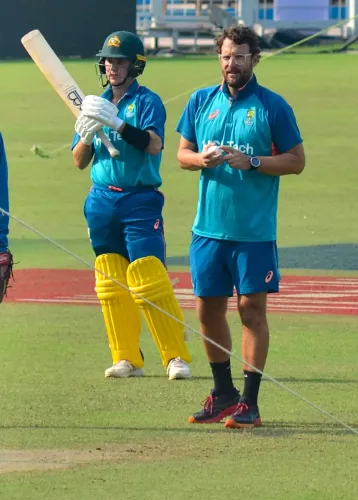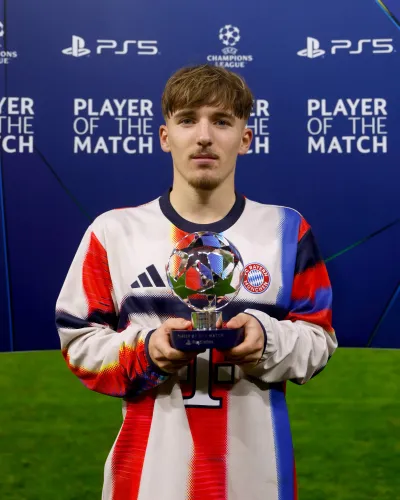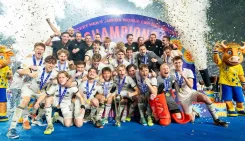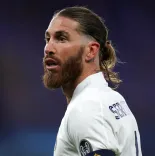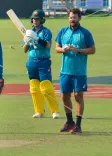How Can the 'Padhoge-likhoge' Mindset Change to Boost India's Medal Count for the 2036 Olympics?
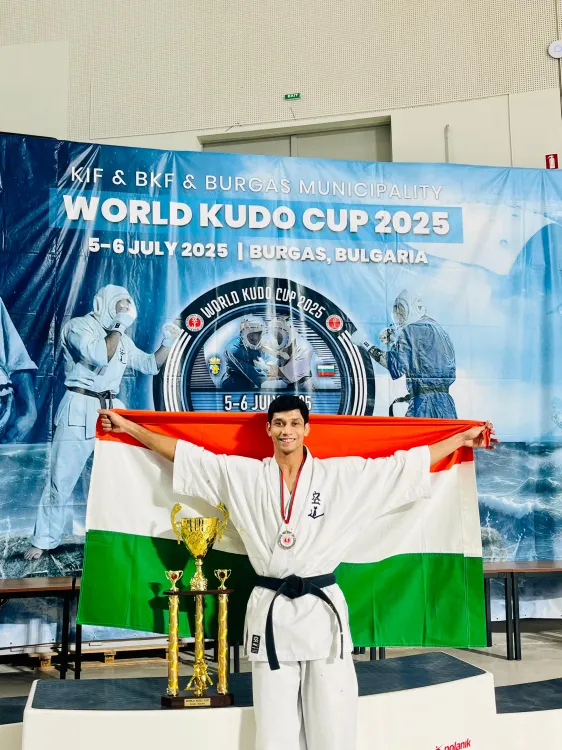
Synopsis
Key Takeaways
- Shift in Mindset: A transformation in the traditional 'Padhoge-likhoge' mindset is essential for sporting success.
- Strategic Roadmap: A clear plan must be established to enhance India's medal tally before the 2036 Olympics.
- Grassroots Development: Focus on nurturing talent at the grassroots level can lead to improved performances.
- Pressure Management: Learning to handle pressure situations is crucial for athletes.
- Government Support: Continued support from the government is vital for India's Olympic aspirations.
New Delhi, July 11 (NationPress) After his remarkable achievements at the 2025 Kudo World Cup, silver medallist Sohail Khan praised Prime Minister Narendra Modi and the Indian government for their bid to host the 2036 Olympics in Ahmedabad. However, he emphasized the need for focused improvements to meet this significant challenge.
A recent high-ranking Indian delegation, which included Gujarat's Minister of Sports, Harsh Sanghavi, and IOA President P.T. Usha, made an important visit to the Olympic Capital in Lausanne. This pivotal interaction with the IOC and its Future Host Summer Commission for the 2036 Summer Olympics aims to evaluate the prospects and feasibility of India hosting the upcoming Olympic and Paralympic Games.
Sohail is adamant that the first change needed lies within the academically focused curriculum, which remains prevalent in schools across the nation.
"Immense credit goes to Narendra Modi ji and the Ministry of Youth Affairs and Sports for striving to bring the Olympics to our shores. We have a lot to improve upon. I come from a place where phrases like
"'Padhoge Likhoge banoge nawab' are still common. If we can transform the mindset at grassroots levels in all sports, we can elevate our performance," Sohail stated to IANS.
He further noted that if India is to host the Olympics, a comprehensive roadmap must be established to ensure the nation is prepared to enhance its medal tally.
"Before the 2036 Olympics, we must devise a strategy for improving our medal count. Hosting such a prestigious event is a matter of national pride, but we must also assess our preparations, and we need to start enhancing our medal tally immediately," he asserted.
Sohail's journey in the Kudo World Cup kicked off in the Round of 16 against Pakistan’s Abdulla, advancing through walkover as the opponent failed to meet the weight requirement. In the quarterfinals, Sohail fought fiercely to secure a narrow 1-0 victory over Bulgaria’s Rusev Radoslav.
The 25-year-old also discussed the additional pressure of competing against Pakistan, particularly given the recent tensions between the nations, along with the challenge he faced in his first bout's walkover.
"There was considerable nervousness entering the tournament, especially with my first fight against Pakistan adding to the pressure. We were pleased to reach the quarter-finals, but it was a daunting challenge. It gives the opponent a slight advantage, as they had already won a bout before facing me. My quarterfinal opponent was Bulgarian, who had the home crowd behind him, making it a high-pressure scenario," he explained.
In the semifinal, Sohail showcased one of his most commanding performances of the tournament, defeating Andzej Voinius from Lithuania by a decisive 4-0 scoreline. This victory secured him a place in the final and guaranteed India at least a silver medal, marking a first for the country in this category.
In the gold medal match, Sohail encountered a tough challenge against France’s Quentin Miramont. The contest was fiercely competitive, with neither fighter managing to score a decisive point in the standard two rounds. Consequently, the referee decided to extend the bout into a rare third round, a first in the entire World Cup.
Even though Sohail delivered a spirited and resilient performance, he ultimately fell short by just two points, securing silver in a historic finale.
Ultimately, Sohail plans to take this experience in stride and leverage it for future competitions.
"Understanding how to handle pressure situations is crucial. It was my first experience with a World Cup match extending to three rounds; it’s a point of pride for me, too, to have reached that stage. I reviewed the footage afterward and identified several areas for improvement, particularly in managing pressure, which I believe can only be developed through experience," he concluded.


